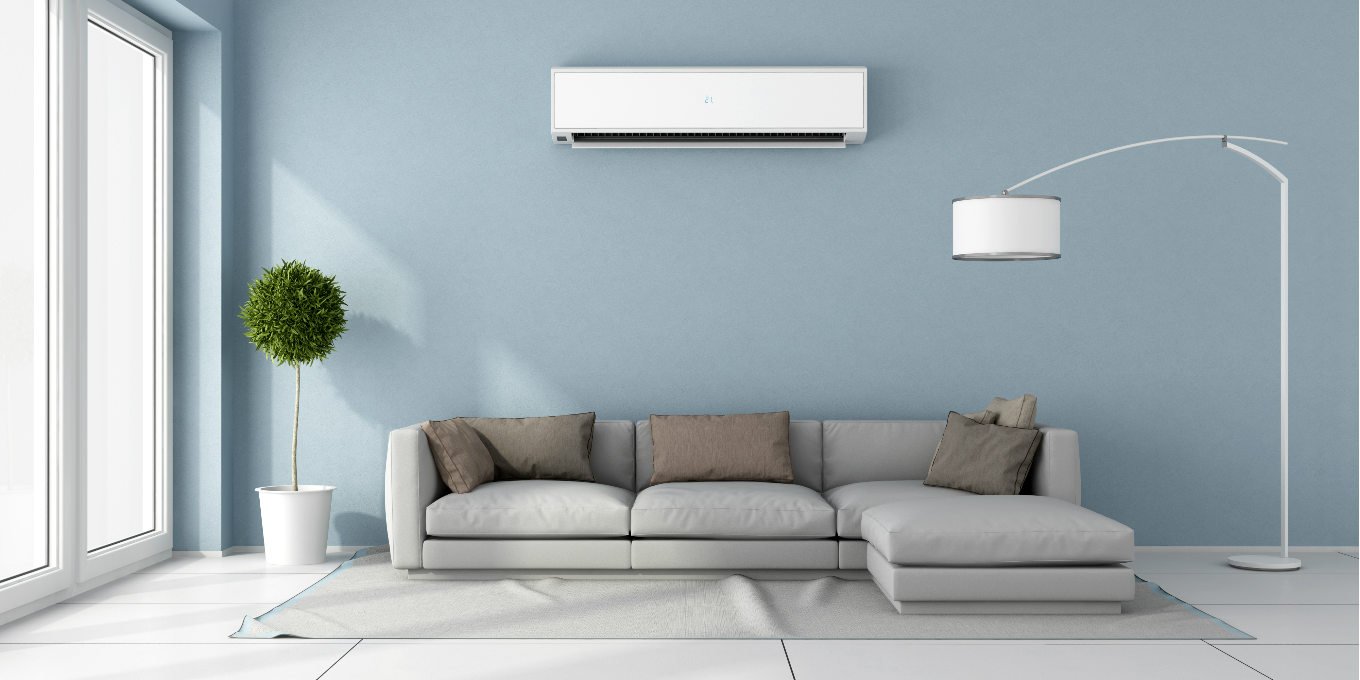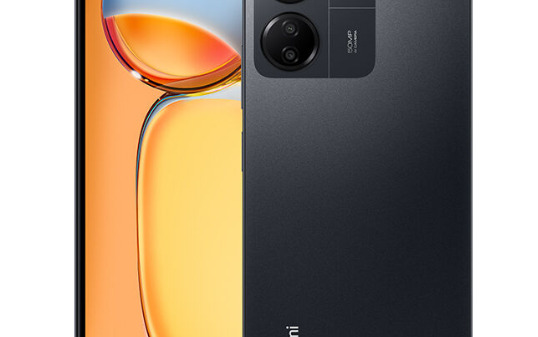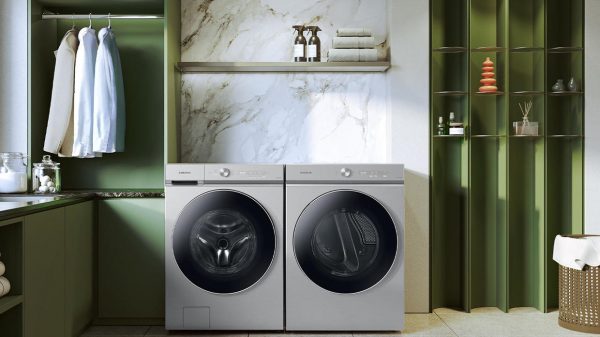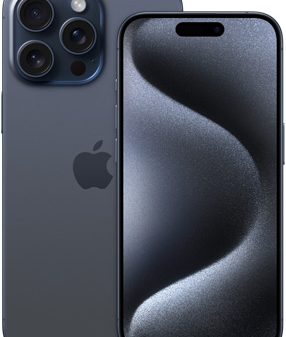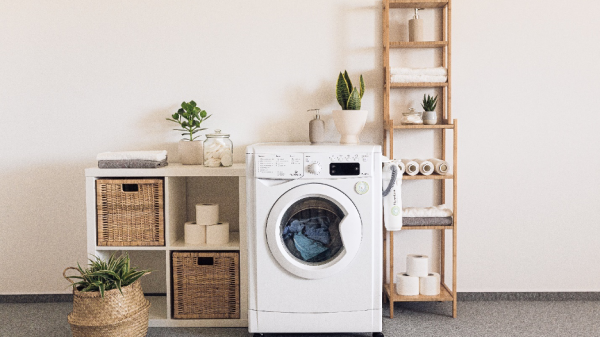How to choose the perfect cooling system
Are you tired of sweltering heat and looking for the perfect cooling system for your home? Look no further! In this comprehensive air conditioner buying guide, we will walk you through everything you need to know to choose the ideal cooling system for your needs. From understanding different types of air conditioners to considering energy efficiency and sizing, we’ve got you covered. So, let’s dive in and make your home a comfortable oasis during those hot summer days!
Understanding the Types of Air Conditioners
When it comes to air conditioners, there are several types available on the market. Understanding the differences between them will help you make an informed decision. The main types of air conditioners are:
Window Air Conditioners
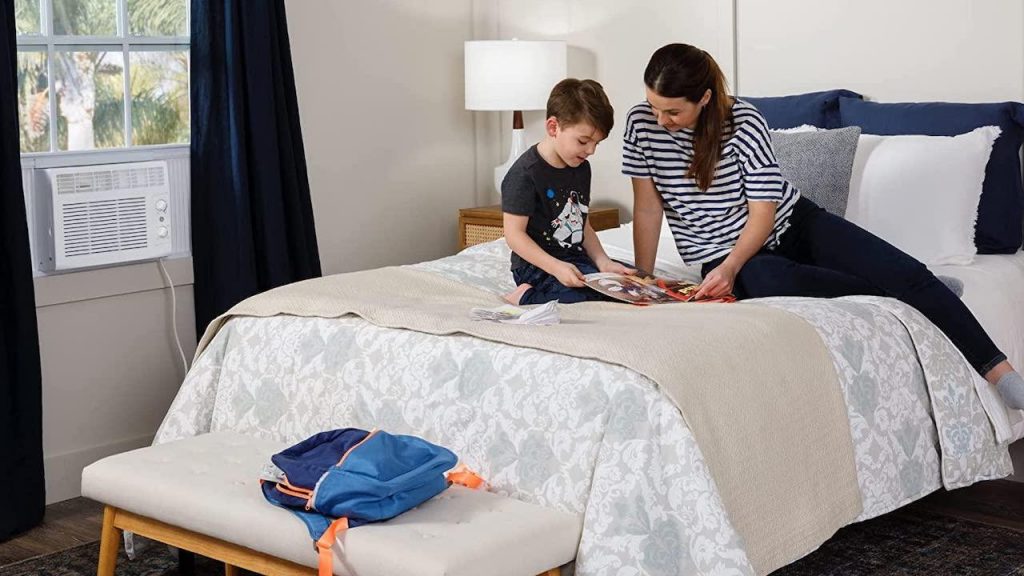 Window air conditioners are compact units designed to be mounted on a window or a hole in an exterior wall. They are a popular choice for single rooms or small spaces, providing convenient and efficient cooling.
Window air conditioners are compact units designed to be mounted on a window or a hole in an exterior wall. They are a popular choice for single rooms or small spaces, providing convenient and efficient cooling.
Split Air Conditioners
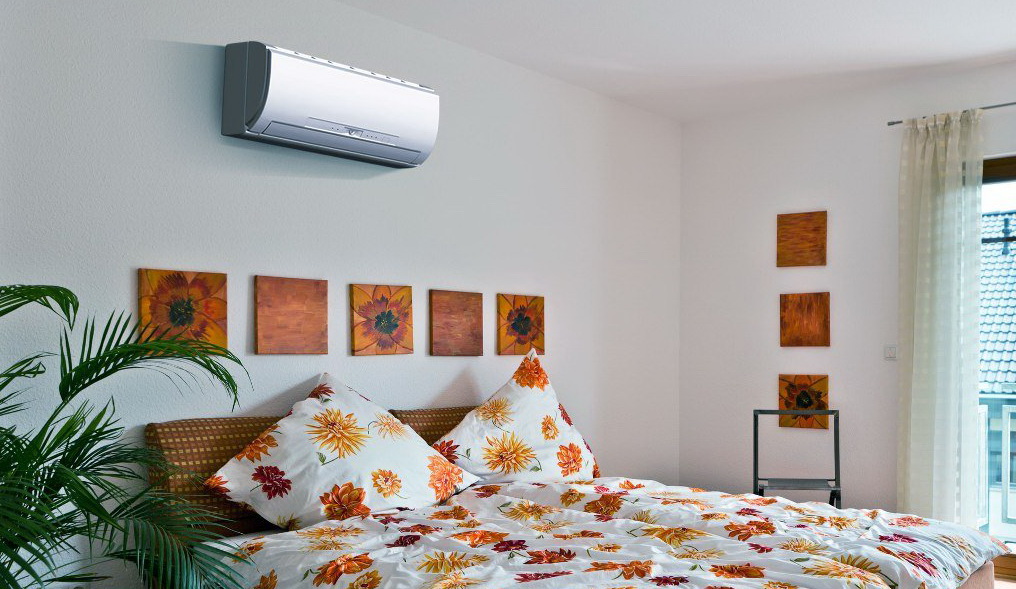
Split air conditioners consist of two main units: an indoor unit and an outdoor unit. The indoor unit is installed inside the room, while the outdoor unit is placed outside. Split ACs offer better aesthetics, quieter operation, and are suitable for cooling multiple rooms.
Portable Air Conditioners
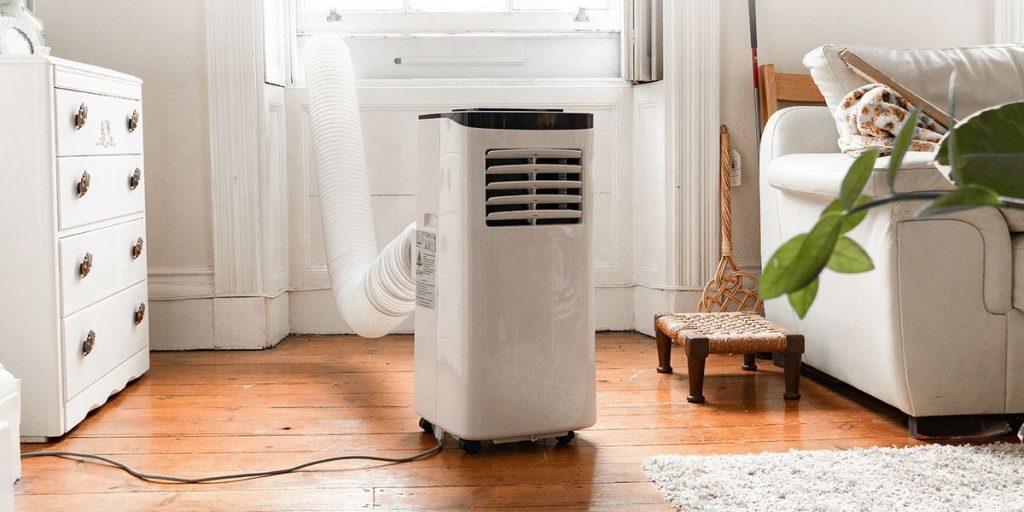 Portable air conditioners are versatile units that can be moved from room to room. They require minimal installation and are ideal for renters or individuals who don’t want a permanent cooling solution.
Portable air conditioners are versatile units that can be moved from room to room. They require minimal installation and are ideal for renters or individuals who don’t want a permanent cooling solution.
Determining the Cooling Capacity
Choosing the right cooling capacity is crucial for the optimal performance of your air conditioner. Buying an undersized unit will leave your room feeling stuffy, while an oversized unit will result in excess energy consumption. Here’s how to determine the cooling capacity:
BTU Calculation
BTU (British Thermal Units) is a measurement of cooling capacity. To calculate the BTU required for your room, multiply the room’s square footage by 20. This calculation provides an estimate of the cooling capacity needed.
Factors Affecting Cooling Capacity
While the BTU calculation provides a rough estimate, certain factors can affect the cooling capacity required. Factors such as room insulation, ceiling height, window size, and sun exposure should be considered to ensure accurate sizing.
Energy Efficiency and SEER Rating
Energy efficiency is an essential factor to consider when purchasing an air conditioner. Higher energy efficiency means lower electricity bills and reduced environmental impact. Look for the SEER (Seasonal Energy Efficiency Ratio) rating, which indicates the efficiency of the unit.
Additional Features and Technology
Modern air conditioners come equipped with various features and technologies that enhance comfort and convenience. Some popular features include:
Programmable Thermostats
Programmable thermostats allow you to set different temperatures at different times of the day, helping you save energy and maintain a comfortable indoor environment.
Air Purification and Filtration
Air conditioners with built-in air purification and filtration systems improve indoor air quality by removing allergens, dust, and pollutants, creating a healthier living environment.
Smart Connectivity
Smart air conditioners can be controlled remotely through smartphones or voice assistants, offering convenience and flexibility.
Maintenance and Serviceability
Proper maintenance and serviceability are vital for the longevity and efficient operation of your air conditioner. Look for units that have easily accessible filters, self-diagnostic features, and easy-to-clean components. Regular maintenance, such as cleaning filters and scheduling professional inspections, will ensure optimal performance.
In conclusion, we can state that choosing the perfect air conditioner doesn’t have to be overwhelming. By considering the types of air conditioners, determining the cooling capacity, assessing energy efficiency, exploring additional features, and prioritizing maintenance and serviceability, you can make an informed decision. Remember, it’s essential to choose a reliable brand and provider when purchasing your air conditioner.
FAQs:
-
How often should I clean or replace the air conditioner filters?
It is recommended to clean or replace air conditioner filters every one to three months, depending on usage and the type of filter. Regular maintenance of filters ensures efficient airflow and helps maintain good indoor air quality.
-
Can I install a window air conditioner by myself, or do I need professional help?
While it is possible to install a window air conditioner yourself, it is recommended to seek professional help, especially if you’re not familiar with the installation process. Professional installation ensures proper sealing, electrical connections, and avoids any potential safety issues.
-
What is the ideal temperature setting for energy-efficient cooling?
Setting your air conditioner to around 24-26 degrees Celsius (75-78 degrees Fahrenheit) is generally considered a good balance between comfort and energy efficiency. However, personal preferences may vary, so it’s important to find a temperature that suits you while keeping energy consumption in mind.
-
Are inverter air conditioners worth the investment?
Inverter air conditioners are generally considered worth the investment due to their energy-efficient operation. They adjust the compressor speed based on the cooling needs, resulting in less energy consumption and more precise temperature control. While they may have a higher upfront cost, the long-term energy savings often make up for it.
-
How can I improve the energy efficiency of my existing air conditioner?
To improve the energy efficiency of your existing air conditioner, you can:
– Keep the filters clean and replace them regularly.
– Ensure proper insulation around doors and windows to prevent air leakage.
– Use curtains or blinds to block out direct sunlight.
– Set the temperature to a comfortable but not overly cool level.
– Schedule regular maintenance and inspections by a professional.
-
What is the average lifespan of an air conditioner?
The average lifespan of an air conditioner is typically around 10-15 years. However, proper maintenance, regular servicing, and usage patterns can influence its longevity. Timely repairs and component replacements can also extend the lifespan of an air conditioner.
-
Do air conditioners dehumidify the air?
Yes, air conditioners naturally dehumidify the air as they cool it. As warm air passes through the cooling coils, moisture condenses and is removed, resulting in reduced humidity levels in the room. This helps create a more comfortable indoor environment.
-
Can I use an air conditioner in winter for heating?
Some air conditioner models, known as heat pumps or reverse cycle air conditioners, can be used for both cooling and heating purposes. They have a reversing valve that allows them to extract heat from the outdoor air and transfer it indoors during colder months. However, not all air conditioners have heating capabilities, so it’s essential to check the specifications of your unit.
-
Are there any government rebates or incentives available for purchasing energy-efficient air conditioners?
Depending on your location and local regulations, there might be government rebates or incentives available for purchasing energy-efficient air conditioners. It’s advisable to check with your local energy authorities or consult a qualified HVAC professional to explore any available incentives.
-
What should I do if my air conditioner is making strange noises?
If your air conditioner is making strange noises, it’s best to turn it off and seek professional assistance. Strange noises can indicate issues with the compressor, fan, or other components. Continuing to run the unit in such cases may cause further damage. Contact a qualified technician to diagnose and repair the problem promptly.

